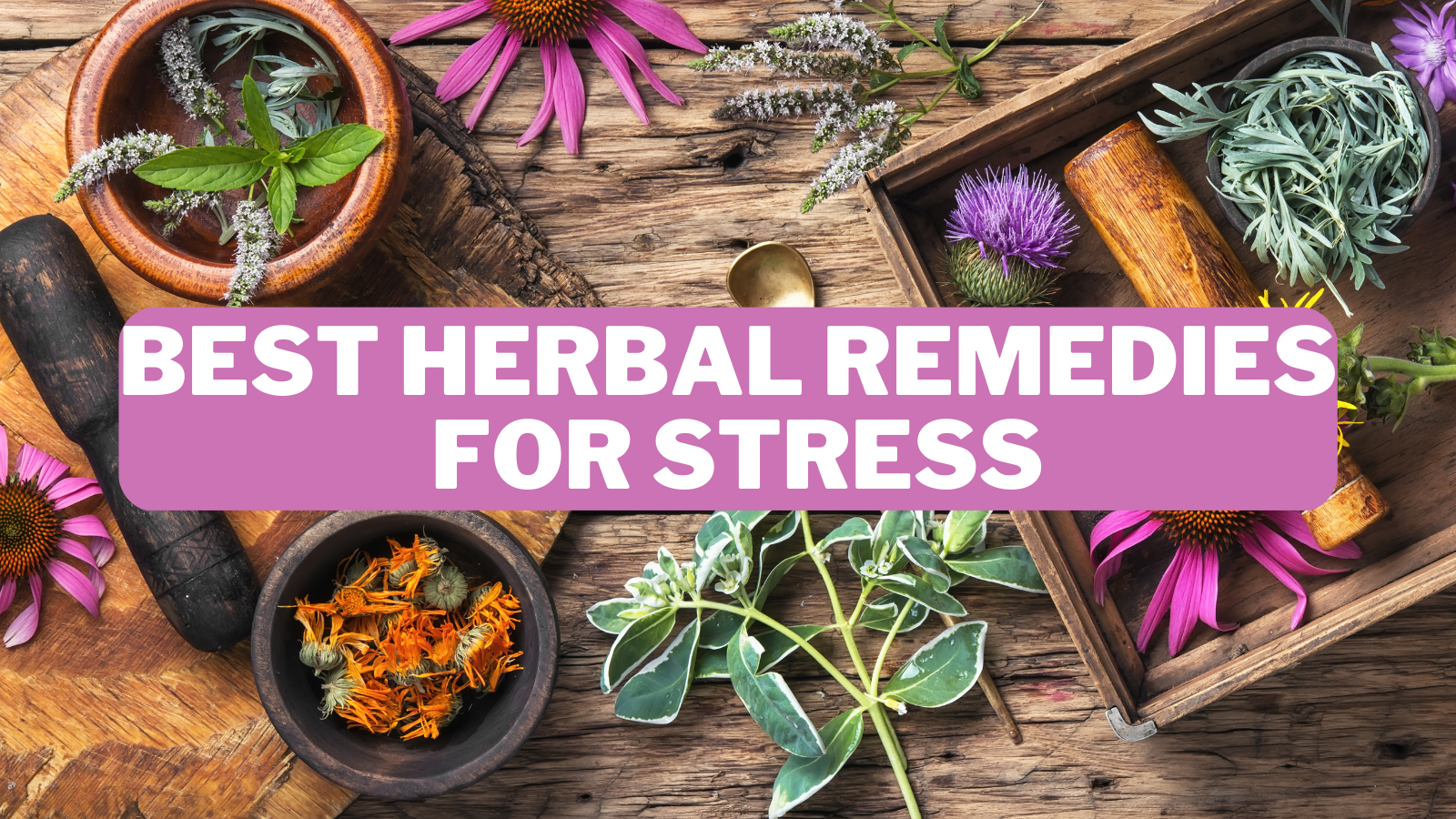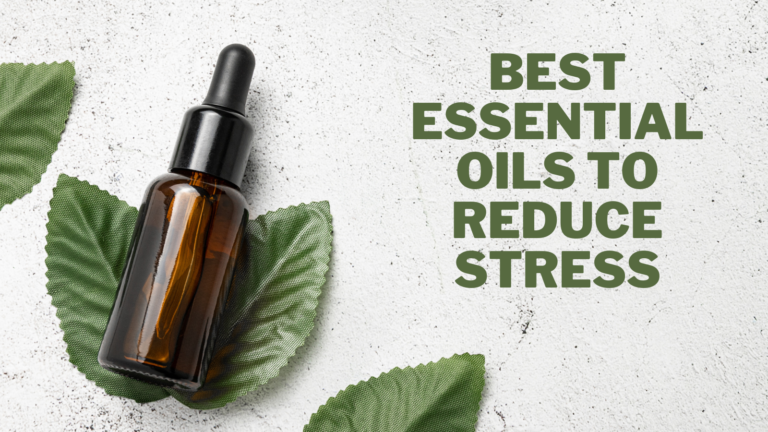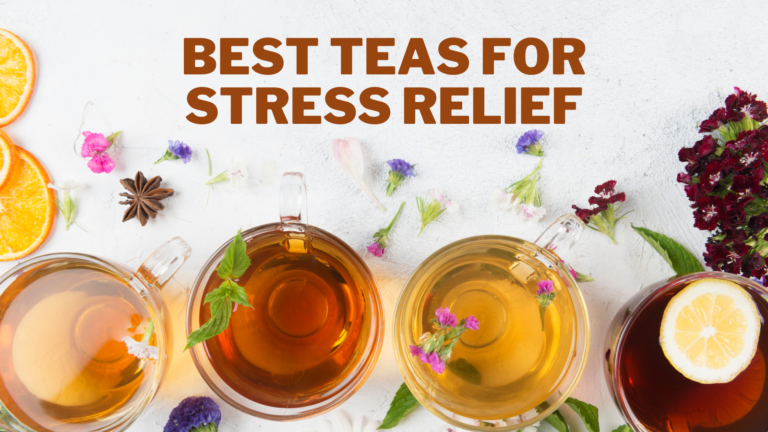Best Herbal Remedies For Stress
Best Herbal Remedies For Stress
Stress is a common problem in today's fast-paced world. Various factors, such as work pressure, financial problems, family issues, and health problems can cause it.
Stress can lead to physical and mental health problems if not managed properly. While there are many ways to manage stress, including exercise, meditation, and therapy, herbal remedies can also effectively manage stress.
This blog post will discuss some of the best herbal stress remedies that can help reduce stress and improve overall well-being.
From adaptogenic herbs like ashwagandha and rhodiola to calming herbs like chamomile and lavender, we will explore the various herbal remedies that can be used to manage stress effectively.
Please note that I included links to my blogs on growing the herbs in containers. I thoroughly enjoy growing herbs in my container garden. Therefore, I thought you might love it too.
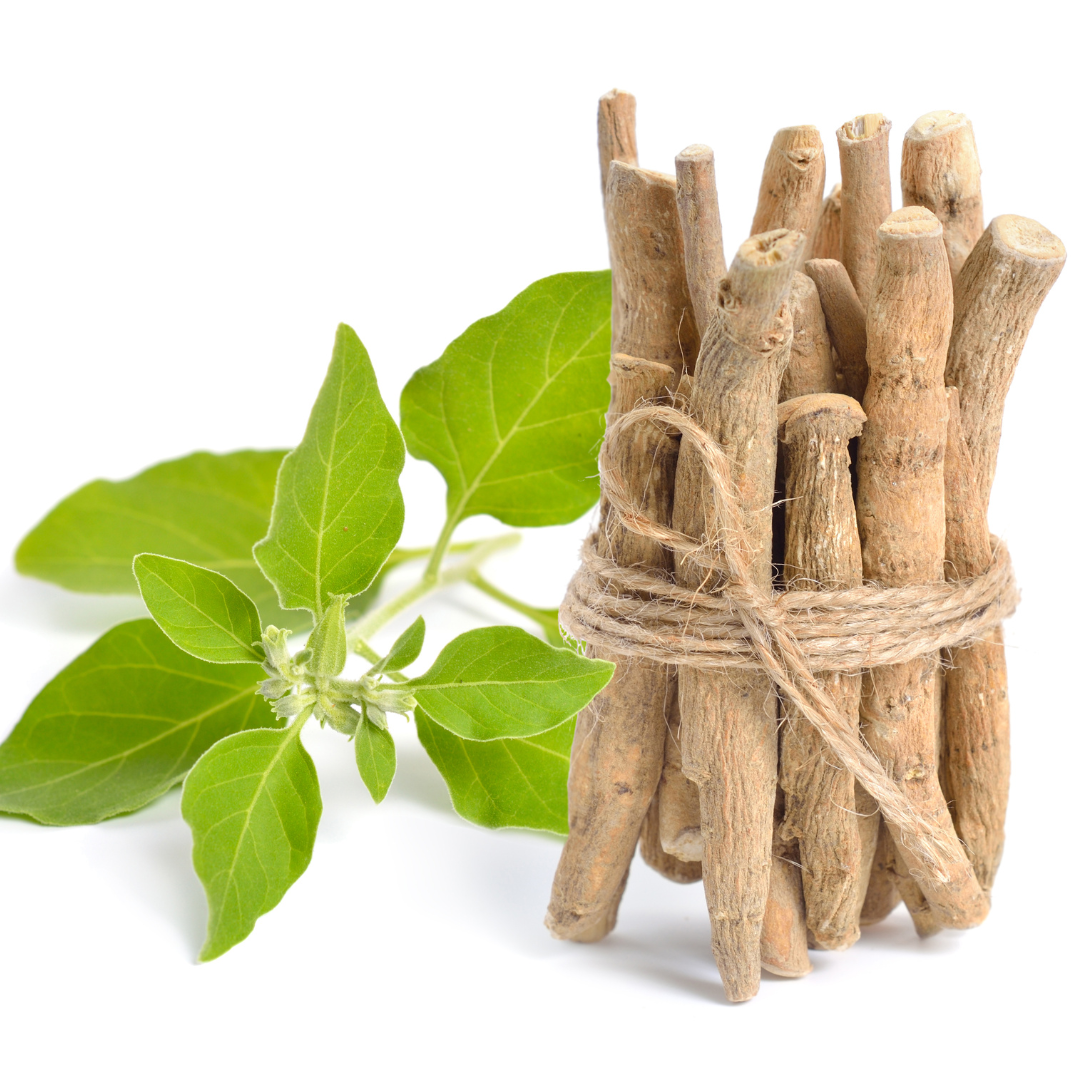
1. Ashwagandha
It is a herb native to India and has been used for centuries in Ayurvedic medicine. It is considered an adaptogen, which helps the body adapt to stress and promotes overall balance and well-being.
The active compounds in ashwagandha are called withanolides, which have anti-inflammatory and anti-stress effects on the body.
One of the main benefits of ashwagandha is its ability to reduce stress and anxiety. Studies have shown that ashwagandha can lower cortisol levels, a hormone released during stress.
High cortisol levels are associated with increased stress, anxiety, and depression. By reducing cortisol levels, ashwagandha can help improve mood and cognitive function and reduce symptoms of anxiety and depression.
In addition to its stress-reducing properties, ashwagandha has other potential health benefits. It may help lower blood sugar levels, reduce inflammation, and improve brain function.
Some studies have also shown that ashwagandha can help increase muscle mass and strength, which may benefit athletes and people with certain medical conditions.
Ashwagandha is available in various forms, including capsules, powders, and teas. It is generally considered safe when taken in recommended doses but may interact with certain medications or cause side effects in some people.
It is important to speak with a healthcare provider before starting any new supplement regimen, especially if you have a medical condition or are taking medication.
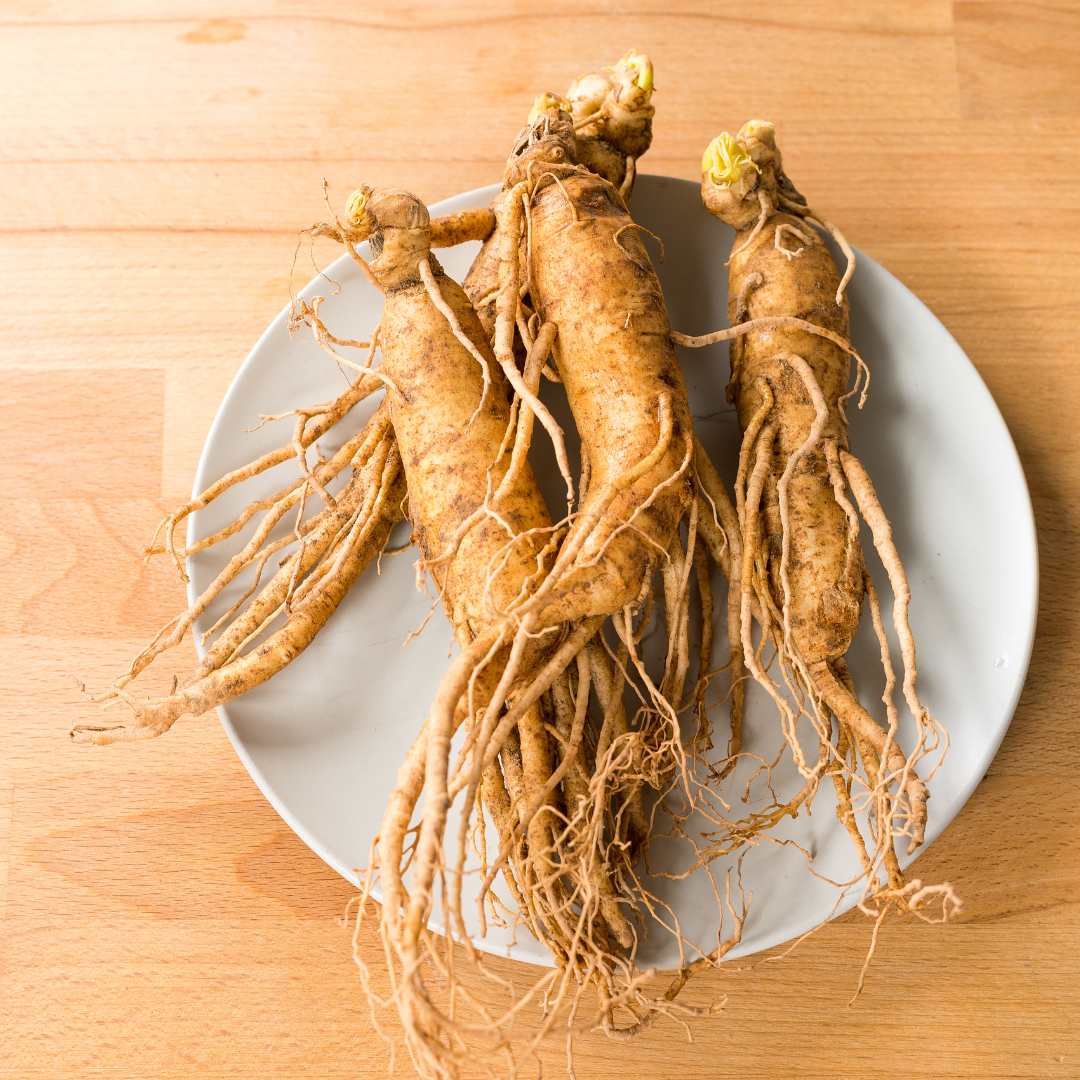
2. Ginseng
Ginseng root has been used in traditional medicine for thousands of years. There are two main types of ginseng: Asian ginseng (Panax ginseng) and American ginseng (Panax quinquefolius).
Both types of ginseng are considered adaptogens, which means they can help the body to cope better with stress.
Ginseng is believed to work by modulating the hypothalamic-pituitary-adrenal (HPA) axis, which is the body's stress response system. Ginseng can help reduce cortisol levels and promote relaxation by regulating the HPA axis.
In addition to its stress-reducing effects, ginseng may also help to improve energy levels and cognitive function.
Research has shown that ginseng can help to improve mental performance, memory, and concentration. It also helps reduce fatigue and improve exercise performance.
Ginseng is available in several forms, including capsules, teas, and extracts. It's important to consult with a healthcare professional before using any new supplement or herbal remedy, especially if you are taking medications or have underlying health conditions.
Some people may experience side effects such as headaches, insomnia, or digestive issues when using ginseng.
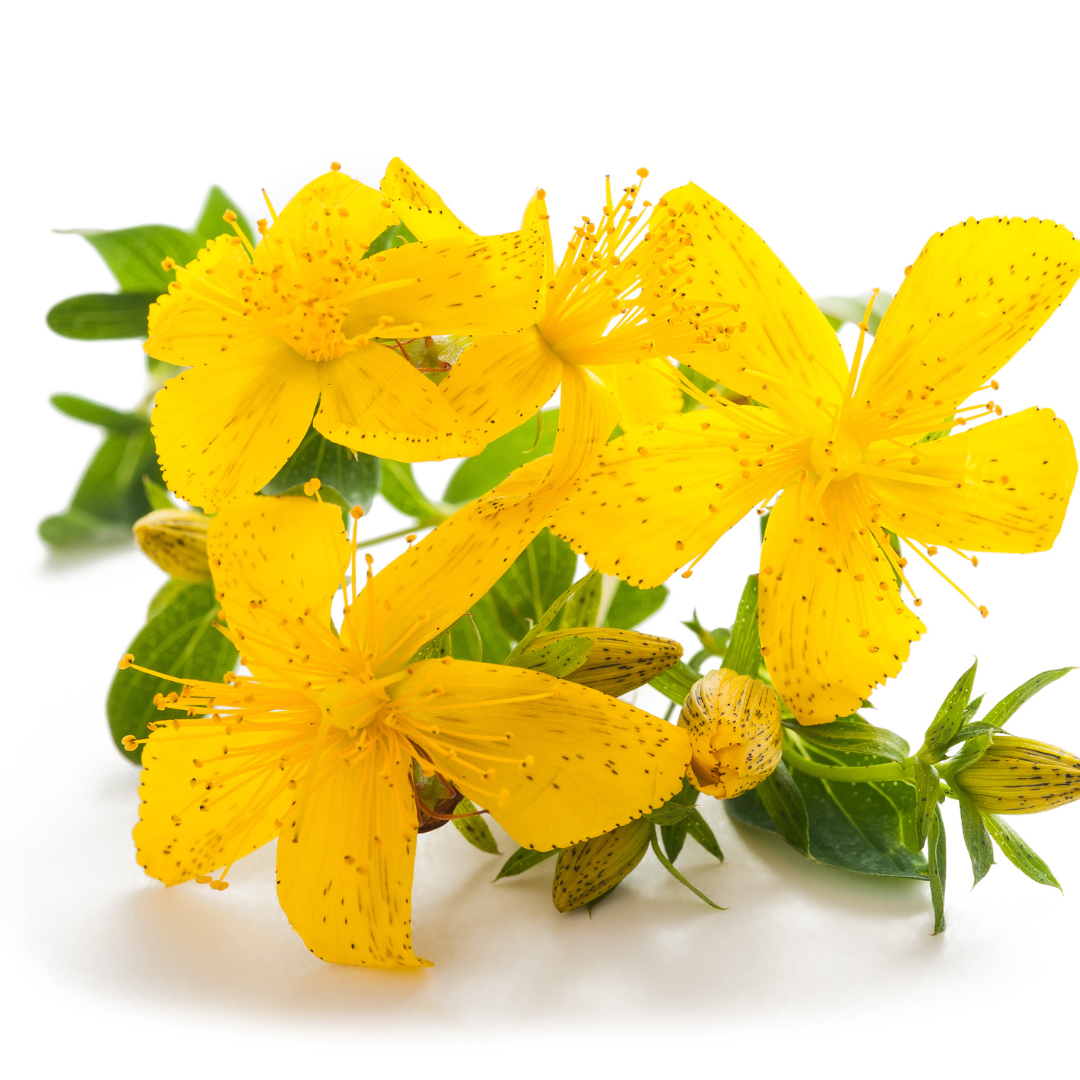
3. St. John's Wort
St. John's Wort is a flowering herb used for centuries as a natural remedy for various ailments, including depression, anxiety, and stress.
The herb contains several compounds, including hypericin and hyperforin, which are believed to have antidepressant and anxiolytic effects.
St. John's Wort is believed to work by increasing neurotransmitters such as serotonin, dopamine, and norepinephrine levels in the brain, which can help improve mood and reduce feelings of anxiety and stress.
Several studies have shown that St. John's Wort can effectively treat mild to moderate depression. It may also help reduce symptoms of anxiety and stress.
However, it should be noted that St. John's Wort may interact with certain medications, including antidepressants, birth control pills, and blood thinners. It may also cause side effects such as dry mouth, dizziness, and gastrointestinal upset.
Therefore, it's important to consult with a healthcare professional before using St. John's Wort, especially if you are taking medications or have underlying health conditions. They can help determine whether St. John's Wort is a safe and appropriate treatment for you.
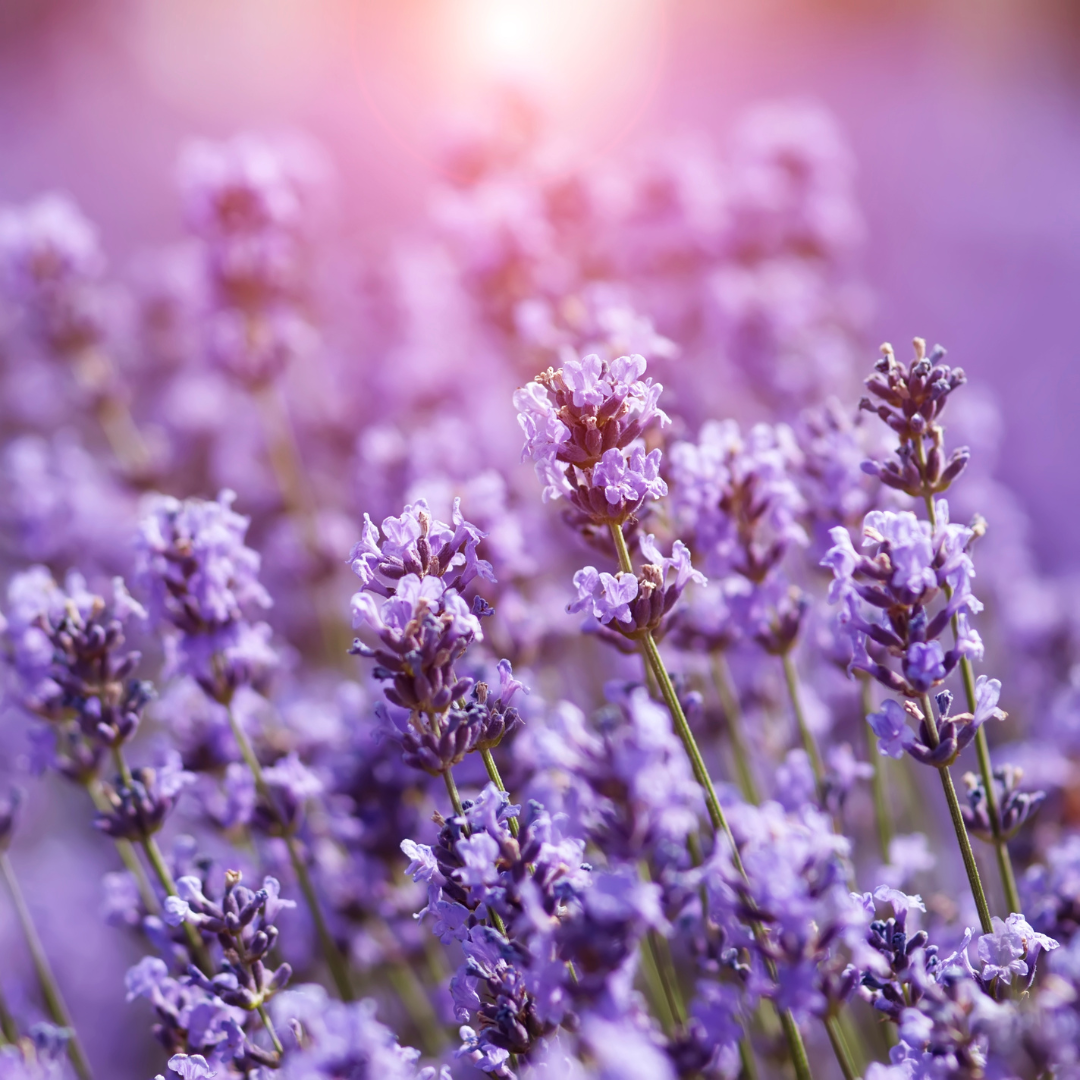
4. Lavender
It is a fragrant herb known for its soothing properties. The essential oil extracted from the flowers of the lavender plant is a popular natural remedy for reducing stress and anxiety.
Lavender oil can be used in various ways to promote relaxation and reduce stress. One of the most popular methods is through aromatherapy.
By adding a few drops of lavender oil to a diffuser or inhaling it directly from the bottle, the calming scent can help reduce feelings of anxiety and promote a sense of calm.
Lavender oil can also be applied topically as a massage oil or added to a warm bath. The oil is easily absorbed through the skin and can help relax tense muscles and reduce physical symptoms of stress.
In addition, the scent of lavender can create a calming atmosphere, making it a great addition to a bedtime routine.
Research has also shown that lavender may have other health benefits beyond its calming properties.
It may have anti-inflammatory and analgesic effects, making it useful for reducing pain and inflammation.
Some studies have also suggested that lavender may positively impact mood, memory, and cognitive function.
While lavender oil is generally considered safe for most people, it may cause skin irritation or allergic reactions in some individuals.
Diluting the oil and patch test before applying it topically is important. Purchasing high-quality, pure lavender oil from a reputable source is also important.
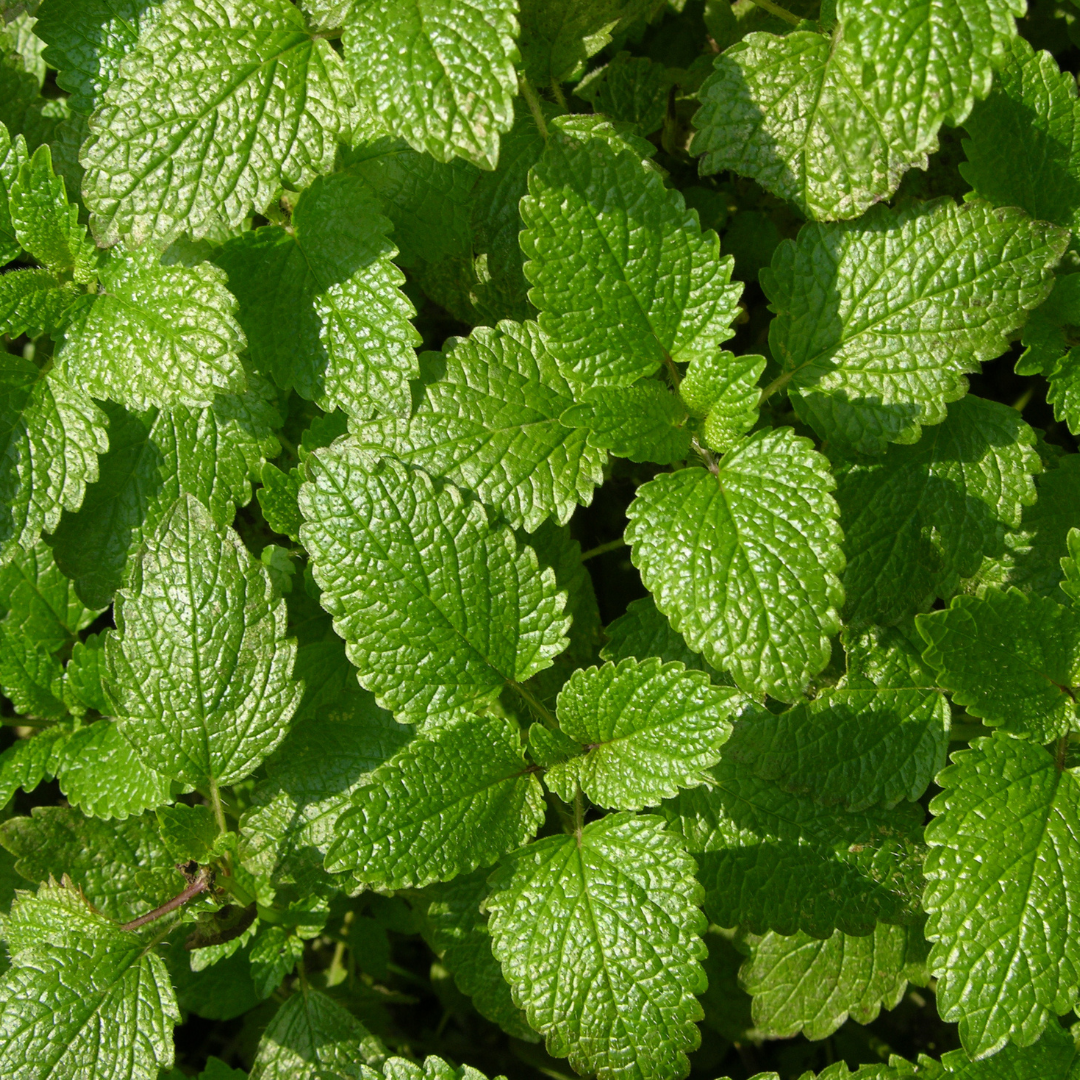
5. Lemon Balm
Lemon balm, also known as Melissa officinalis, is a perennial herb that belongs to the mint family.
It is native to the Mediterranean region but is now grown worldwide. Lemon balm has a lemony scent and flavour, often used in cooking and as a flavouring agent.
Lemon balm has been used for centuries to treat various ailments, including anxiety, depression, insomnia, and digestive issues.
It contains several active compounds, including rosmarinic acid, eugenol, and citronellal, which are believed to have calming and anti-inflammatory effects.
Research has shown that lemon balm may reduce anxiety symptoms and improve mood. In one study, participants who took a lemon balm supplement experienced a significant reduction in anxiety symptoms compared to those who took a placebo.
Another study found that lemon balm was as effective as a prescription medication in reducing anxiety symptoms in people with mild to moderate anxiety disorders.
Lemon balm may also have cognitive benefits. One study found that taking a lemon balm supplement improved cognitive function and increased alertness and calmness in healthy adults.
Other research suggests that lemon balm may improve memory and attention in people with mild cognitive impairment.
Lemon balm is generally considered safe but may interact with certain medications, including thyroid hormone replacement therapy and sedatives.
It is always important to talk to a healthcare provider before taking any new supplement or herb, especially if you have a medical condition or are taking medications.
Lemon balm can be consumed in many forms, including as a tea, supplement, or essential oil. Drinking lemon balm tea or using lemon balm essential oil in aromatherapy may reduce stress and anxiety.
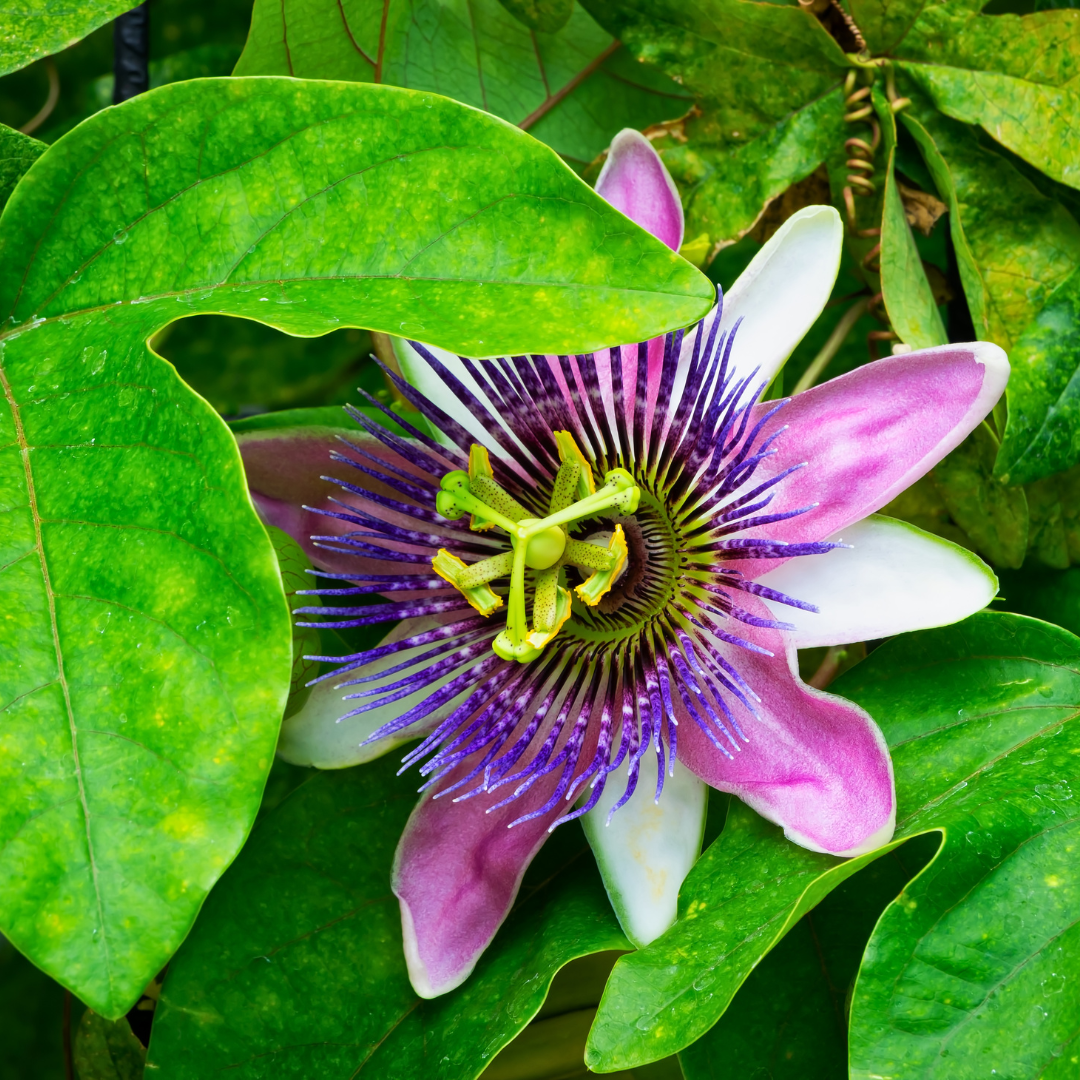
6. Passionflower
The passionflower is a plant used for centuries in traditional medicine to treat various health issues, including anxiety, insomnia, and nervous disorders.
The plant contains several active compounds, including flavonoids and alkaloids, that are believed to have a calming effect on the nervous system.
Passionflower is known for its ability to promote relaxation and reduce anxiety. Studies have shown that it can help increase levels of GABA, a neurotransmitter that helps regulate mood and promote feelings of calm.
Passionflower has also been found to have sedative effects, which can be helpful for people who struggle with insomnia or have difficulty falling asleep.
Passionflower can be consumed in various forms, including tea, tinctures, and capsules. Passionflower tea is a popular way to consume this herb and is often consumed before bed to promote relaxation and better sleep.
Passionflower supplements are also available and can be part of a natural stress management plan.
While passionflower is generally considered safe for most people, it may cause side effects such as drowsiness, dizziness, and confusion in some individuals.
It may also interact with certain medications, so speaking with a healthcare provider before starting any new herbal supplement regimen is important.
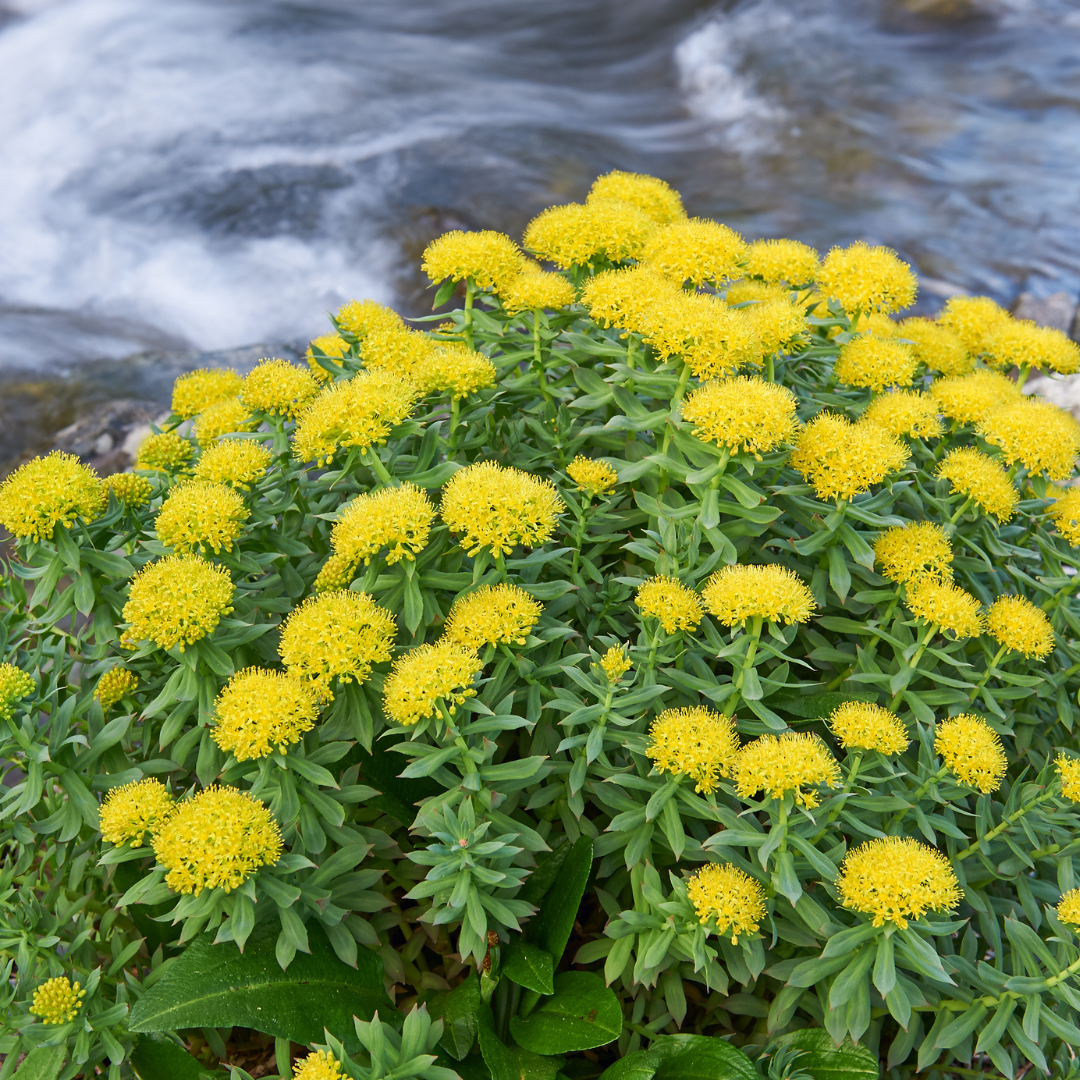
7. Rhodiola
Rhodiola, also known as Rhodiola rosea, is an adaptogenic herb that grows in the arctic regions of Europe, Asia, and North America.
It has been used for centuries in traditional medicine to manage stress and anxiety, improve cognitive function, and enhance physical performance.
Rhodiola contains several active compounds, including rosavin, salidroside, and tyrosol, that are believed to have adaptogenic properties.
Adaptogens help the body adapt to stress and promote homeostasis, or balance, in the body. Studies have shown that rhodiola may be effective in reducing symptoms of anxiety and depression.
In one study, participants with mild to moderate depression who took a rhodiola supplement for 12 weeks experienced a significant reduction in symptoms compared to those who took a placebo.
Another study found that Rhodiola was as effective as a prescription medication in reducing symptoms of generalized anxiety disorder.
Rhodiola may also have cognitive benefits. Research has shown that taking a Rhodiola supplement may improve healthy adults' cognitive function, attention, and memory. It may also improve symptoms of cognitive impairment in people with mild cognitive impairment.
Rhodiola is generally considered safe when directed, but it may interact with certain medications, including antidepressants and blood thinners.
It is always important to talk to a healthcare provider before taking any new supplement or herb, especially if you have a medical condition or are taking medications.
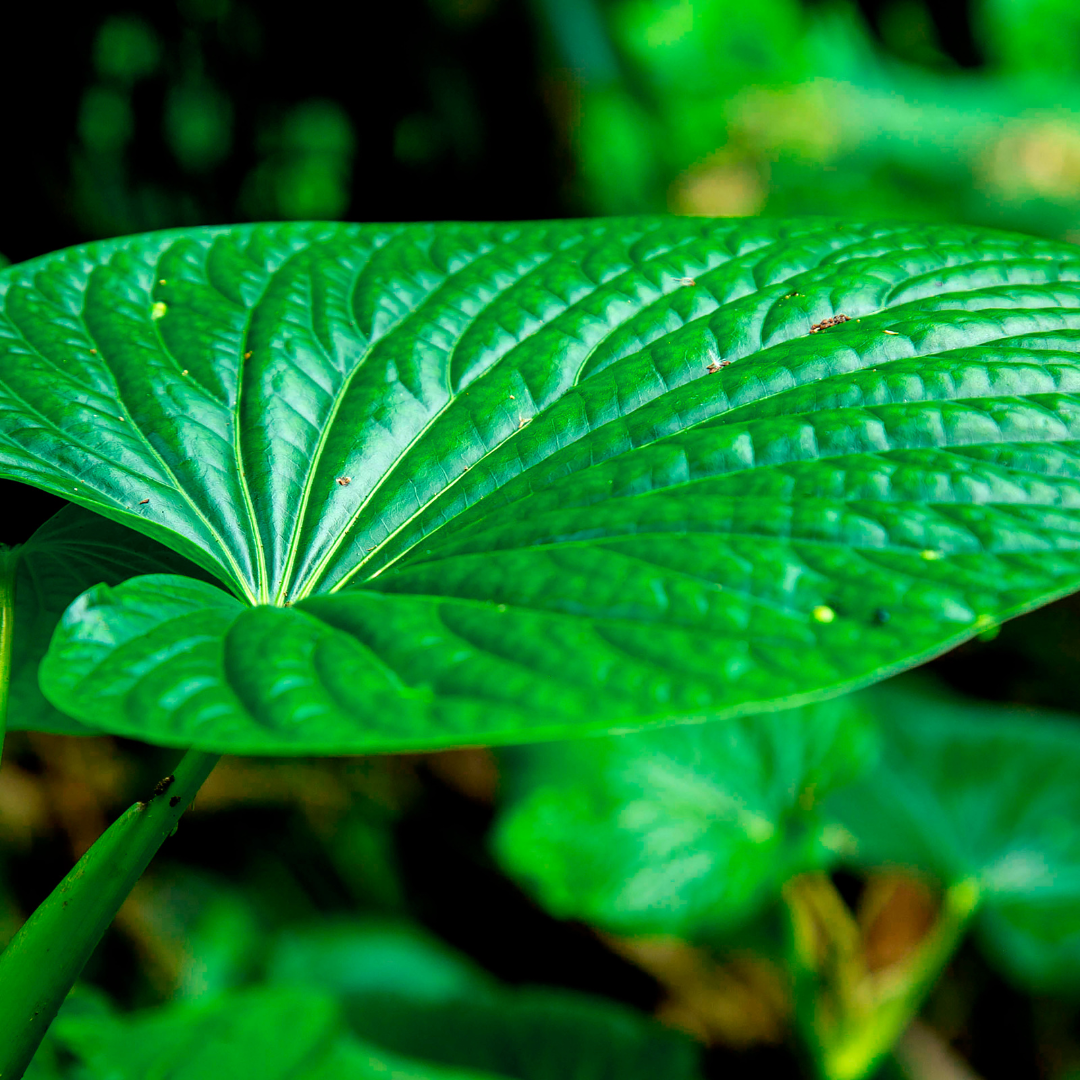
8. Kava
It is a plant that has been used for centuries in the South Pacific for its relaxing and calming effects.
Kava is known for reducing anxiety, promoting relaxation, and improving sleep quality. The plant contains several active compounds, known as kavalactones, that have been shown to have a calming effect on the nervous system.
Kava is often consumed as a tea or taken in supplement form. Kava tea is made from the plant's root and has a mild, earthy flavour.
Kava supplements are available in capsule or liquid form and can be part of a natural stress management plan.
Research has shown that kava can be an effective natural remedy for reducing anxiety and stress.
One study found that kava was as effective as a prescription anti-anxiety medication in reducing anxiety symptoms, with fewer side effects. Kava has also been found to improve sleep quality and reduce insomnia symptoms.
While kava is generally considered safe for most people, it may cause side effects such as drowsiness, dizziness, and upset stomach in some individuals.
It may also interact with certain medications, so speaking with a healthcare provider before starting any new herbal supplement regimen is important.
It is also important to note that there have been some concerns about the safety of kava due to reports of liver damage in a small number of individuals.
However, these rare cases are typically associated with high doses or low-quality kava supplements.
When used properly and in moderation, kava can be a safe and effective natural remedy for reducing stress and anxiety.
Rhodiola can be consumed in many forms, including as a supplement, tea, or extract. Taking a rhodiola supplement or drinking rhodiola tea may reduce stress and anxiety and improve cognitive function.
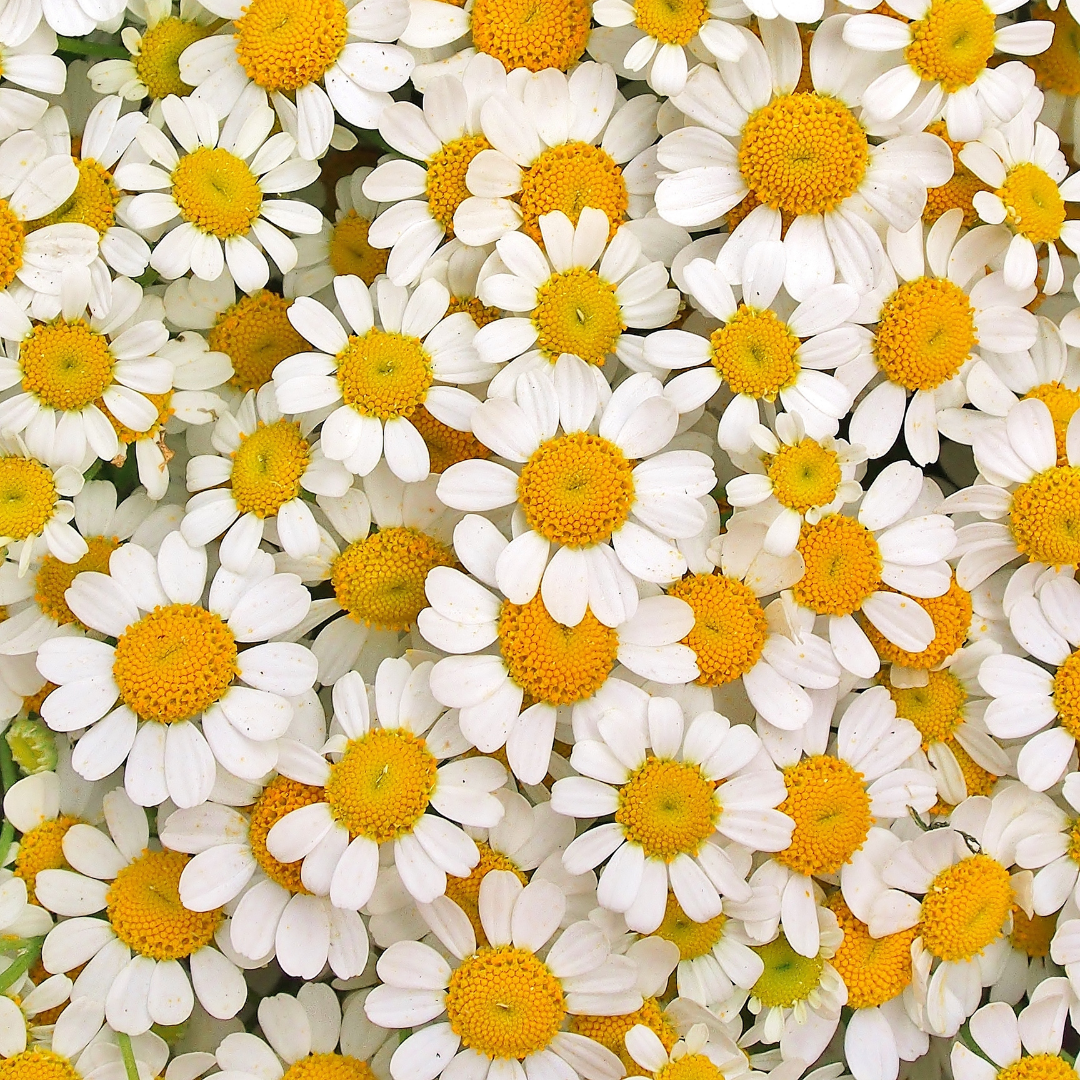
9. Chamomile
Chamomile is a small, daisy-like flower used for centuries as a natural remedy for various health issues.
Chamomile is known for its gentle and calming effects on the body and mind, making it a popular choice for reducing stress and anxiety and promoting better sleep.
One of the main active compounds in chamomile is called apigenin, which has been found to have anti-anxiety and sedative effects.
Chamomile tea is a popular way to consume this herb and is often consumed before bed to promote relaxation and better sleep.
Studies have shown that chamomile tea can help reduce insomnia symptoms and improve sleep quality, making it a natural alternative to prescription sleep aids.
In addition to its calming effects on the nervous system, chamomile also has anti-inflammatory properties that can help reduce inflammation in the body. This can benefit people with arthritis or digestive issues like irritable bowel syndrome.
Chamomile can be consumed in various forms, including tea, tinctures, and capsules. It is generally considered safe when consumed in recommended doses but may cause allergic reactions in some people.
It is important to speak with a healthcare provider before starting any new herbal supplement regimen, especially if you have a medical condition or are taking medication.
Chamomile is a gentle and effective herb that can help promote relaxation, reduce anxiety, and improve sleep quality.
Whether consumed as a tea or supplement, chamomile can be a valuable addition to a natural stress management plan.
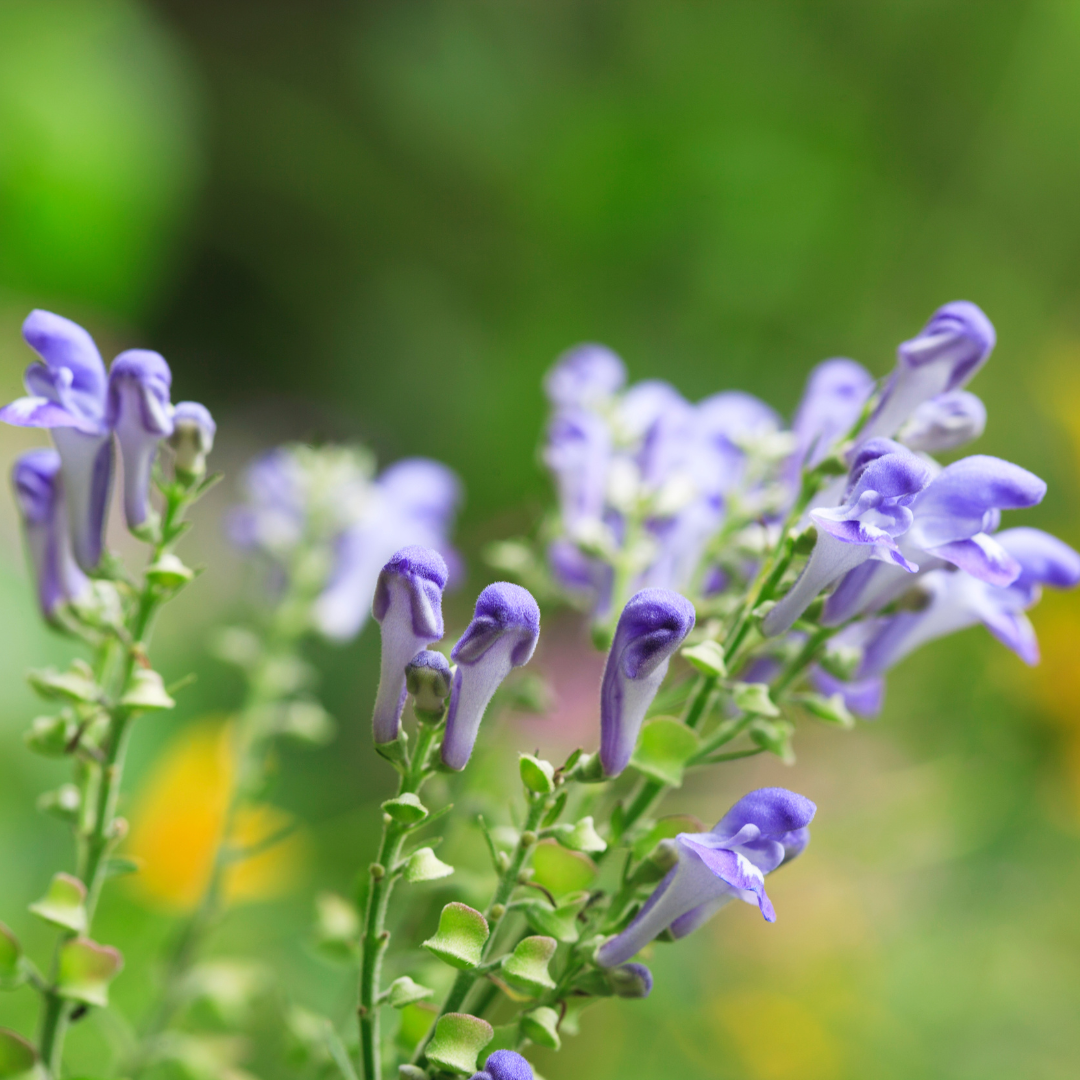
10. Skullcap
Skullcap is a herb native to North America and has been used in traditional medicine for centuries to promote relaxation and reduce anxiety.
The herb contains flavonoids, which have antioxidant properties and can help reduce inflammation.
It also contains compounds that have a calming effect on the nervous system, which can help reduce anxiety and promote relaxation.
Skullcap is often used in herbal medicine to help treat conditions such as insomnia, anxiety, and nervous tension.
It is believed to work by increasing levels of gamma-aminobutyric acid (GABA), a neurotransmitter that helps to regulate the activity of neurons in the brain.
By increasing GABA levels, the skullcap can help to reduce overactivity in the brain and promote relaxation.
In addition to its calming effects, skullcap may help improve sleep quality. Research suggests that the herb can help increase levels of the sleep-promoting neurotransmitter serotonin, which can help improve sleep latency and duration.
Skullcap is available in several forms, including capsules, tinctures, and teas. It's important to consult with a healthcare professional before using any new supplement or herbal remedy, especially if you are taking medications or have underlying health conditions. Some people may experience side effects such as dizziness or drowsiness when using skullcap.
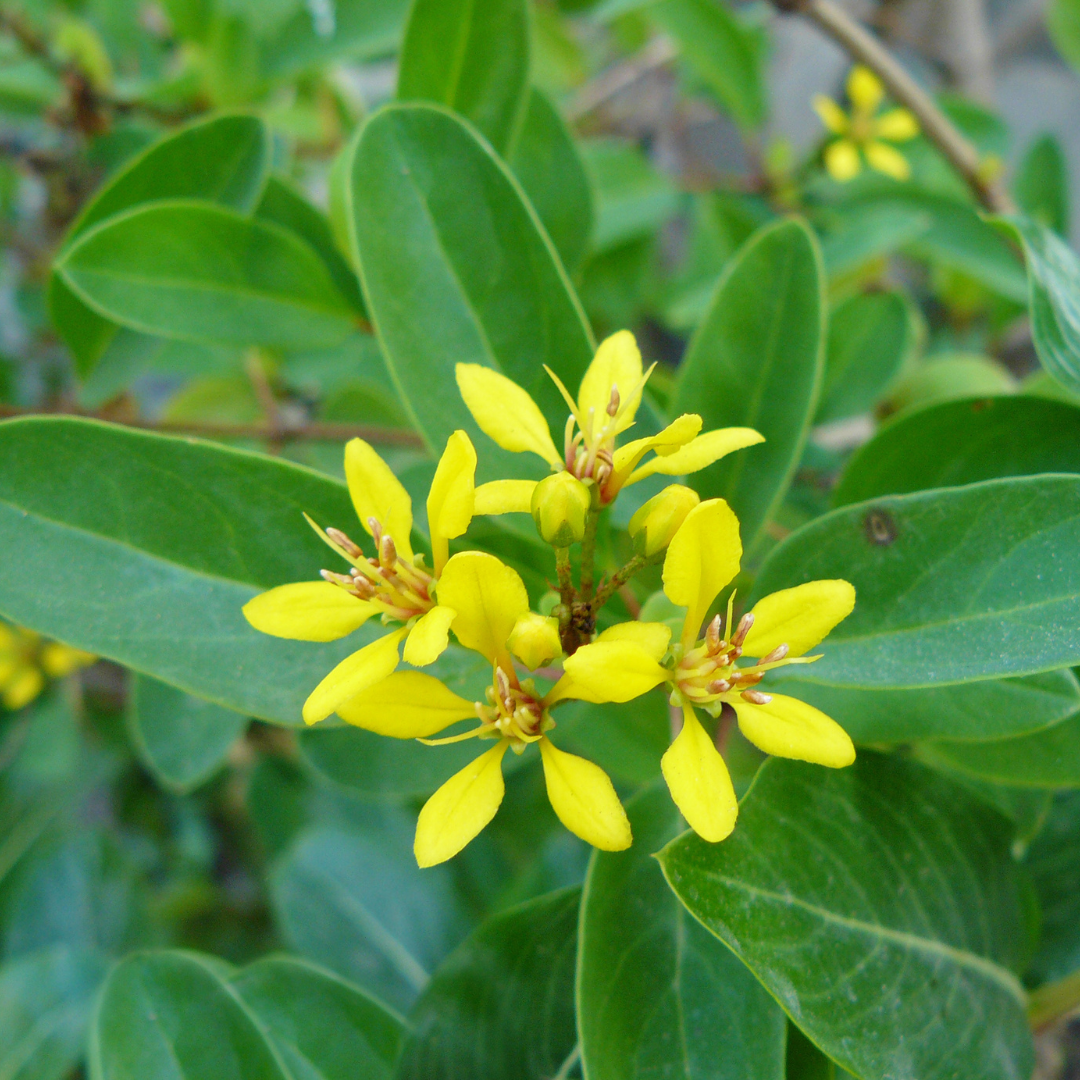
11. Galphimia Glauca
Galphimia glauca, or thryallis, is a plant native to Mexico and Central America that has been used for centuries in traditional medicine to treat various health conditions, including anxiety, depression, and insomnia.
The plant contains several active compounds, including galphimine and isogalphimine, which are believed to have a calming effect on the nervous system.
Galphimia glauca is known for its ability to reduce symptoms of anxiety and promote relaxation. Studies have shown that the plant can help increase levels of GABA, a neurotransmitter that helps regulate mood and promote feelings of calm.
Galphimia glauca has also been found to have sedative effects, which can be helpful for people who struggle with insomnia or have difficulty falling asleep.
Galphimia glauca can be consumed in various forms, including tea, tinctures, and capsules. Galphimia glauca tea is a popular way to consume this herb and is often consumed before bed to promote relaxation and better sleep. Galphimia glauca supplements are also available and can be part of a natural stress management plan.
While galphimia glauca is generally considered safe for most people, it may cause side effects such as drowsiness, dizziness, and upset stomach in some individuals.
It may also interact with certain medications, so speaking with a healthcare provider before starting any new herbal supplement regimen is important.
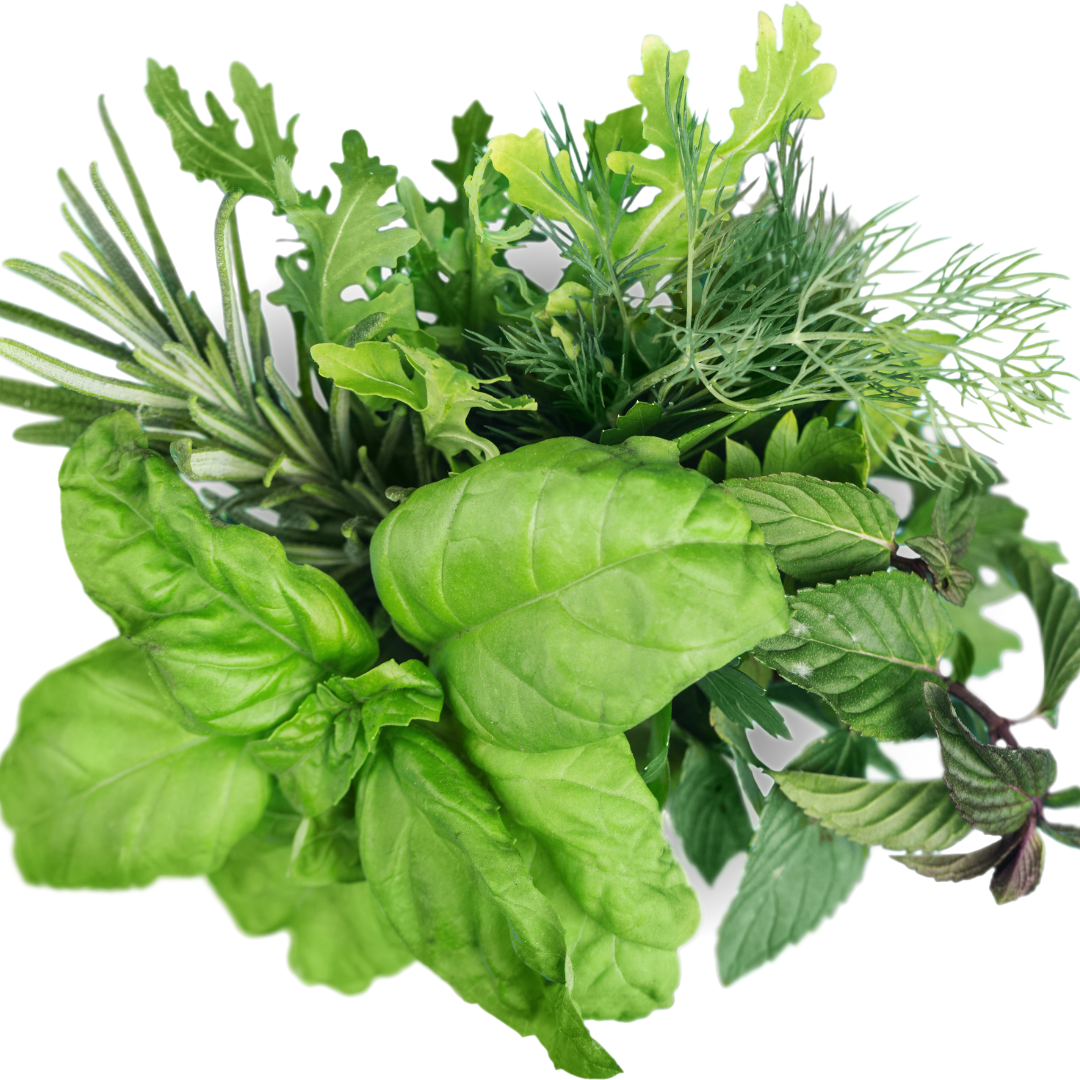
Conclusion
Herbal remedies can be a great way to manage stress and improve overall well-being. From adaptogenic herbs like ashwagandha and rhodiola to calming herbs like chamomile and lavender, many herbal remedies can help reduce stress and anxiety.
Remember that herbal remedies are not a substitute for medical advice and should be used with other stress-management techniques, such as exercise, meditation, and therapy.
It is also important to consult with a healthcare professional before using any herbal remedies, especially if you have any underlying health conditions or are taking medications.
Incorporating herbal remedies into a comprehensive stress management plan can improve overall health and well-being and lead to a happier, more fulfilling life.
I trust you enjoyed this article about the Best Herbal Remedies For Stress. Please stay tuned for more blog posts to come shortly.
Take care!
JeannetteZ
>>>Please click here to read my all-inclusive article about Lessons That Will Teach You All About Stress<<<
>>>Are you interested in Natural Healing And Stress Relief Through Herbs? Please click here for my #1 Recommendation<<<
Your Opinion Is Important To Me
Thoughts? Ideas? Questions? I would love to hear from you. Please leave me your questions, experiences, and remarks about this article on the Best Herbal Remedies For Stress in the comments section below. You can also reach me by email at Jeannette@Close-To-Nature.org.
Disclosure
This post may contain affiliate links. I earn from qualifying purchases as an Amazon Associate and other affiliate programs. Please read my full affiliate disclosure.
You might also enjoy these blog posts:
Does Drinking Tea Reduce Stress?
All You Need To Know About Stress And Alcohol
Best Surprising Benefits Of Laughing

